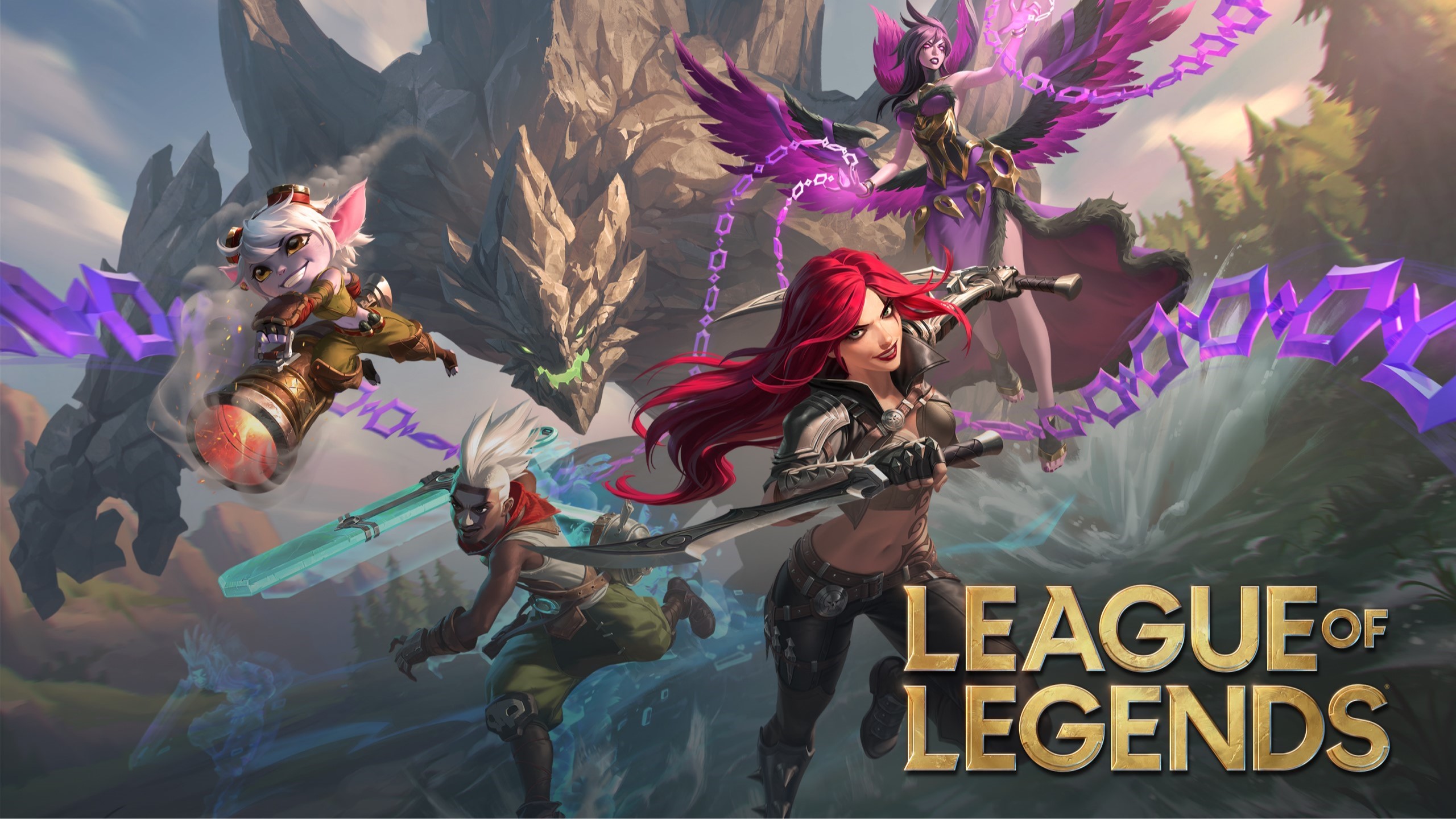Physical Address
304 North Cardinal St.
Dorchester Center, MA 02124
Physical Address
304 North Cardinal St.
Dorchester Center, MA 02124

The LCS is removing the requirement to field a Challengers team. We break down who is staying and who is leaving.
News broke last week that Riot Games had made the decision to change the rule requiring all LCS teams to field a Challengers League team which has made immediate ripples in the North American Professional League of Legends scene. Seven of the ten teams in the LCS have decided to forgo their Challengers League programs, creating a lot of questions for up-and-coming talent from North America and Oceania.
The decision to remove the North American Challengers League requirements has been a polarizing decision, with the LCS Players Association releasing an immediate statement speaking out against the decision. Though team owners have made statements about looking into other routes of player development, such as collegiate and other amateur leagues, players and fans alike are still skeptical of the level of commitment from LCS teams to continue developing domestic talent.
The three teams electing to keep their Challengers League operations running are FlyQuest, Team Liquid, and Evil Geniuses. The teams who have decided to move on from their Challengers League teams are Cloud9, Immortals, Dignitas, Golden Guardians, TSM, NRG, and 100 Thieves.
Some of the decisions make more sense than others in a fan’s eyes. Teams like Team Liquid and Evil Geniuses have had success recently in developing talent that went on to have success in the LCS. FlyQuest got their spot in the LCS originally by buying Cloud9’s academy spot when they were promoted before franchising.
I think the most shocking decision was Cloud9’s to leave Challengers. Historically they’ve been one of the teams to seemingly get the most value out of their challenger’s program, at times promoting players for weeks at a time. It will be interesting to see in what direction the teams leaving will go to try and find up-and-coming talent.
Back at the beginning of the LCS, the league was operating under a franchise model, as you currently see today. Prior to franchising, the league operated with a promotional and relegation model that saw the worst teams in the LCS compete against the best amateur teams for the right to participate in the following split.
The top amateur teams in North America were invited to compete in the North American Challengers League, a fully functioning league that consisted of a regular season and post-season in which the top teams were the ones selected to face off, with the LCS teams facing relegation. This old league model created two things: stakes for every single LCS match as no one wanted to end the season at the bottom of the standings, but second, it created incredible financial risk for any organizations looking to invest in the league.
Team owners, fans, and players alike all pushed for Riot to create a franchise model for the league. In 2018 the LCS moved to a franchising model with the removal of relegation. The teams all were required to field a second team to go into what was at the time called the Academy League, now Challengers.
Academy League never drew the same viewership, and many team ownership groups complained that the cost of maintaining a second roster for no payoff was getting too high. That leads us to where we are today with the state of League of Legends in North America in question.